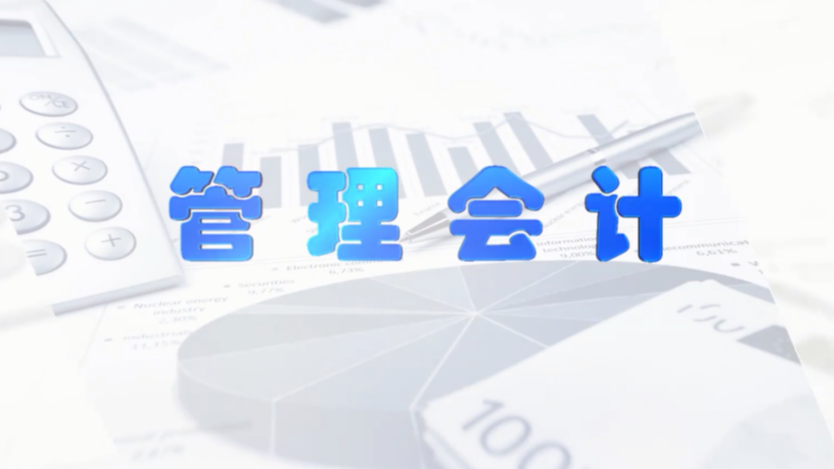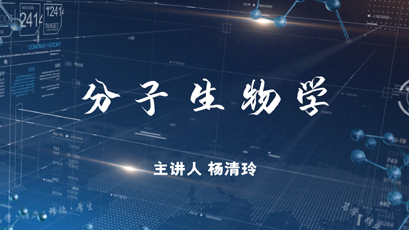
当前课程知识点:Hospitality English > 6 ESSENTIALS IN COMPLETING MTA THESIS > 6.1 Basic Structure of MTA Thesis/Project > 6.1.1 Topic/Title
返回《Hospitality English》慕课在线视频课程列表
In this video, we will learn the topic and title of the thesis.
Are the research title and research topic the same?
How to select a good research topic or title?
And what are the requirements of the thesis title?
We would like to invite you to share some thoughts in the comments section below.
返回《Hospitality English》慕课在线视频列表
欢迎回到我们系列讲座的第六章
MTA论文完成的要点
我是Shama Nazneen博士
来自南开大学旅游与服务学院
在之前的课程中
我们学习了旅游的本质
会面礼仪
接待业的文化交流
文献阅读技巧 文献回顾和分析
文献综述和分析
这可以使你在听 说 读英语方面受益
并帮助你进行论文写作
本章从论文写作的三个方面展开
包括MTA论文的基本结构
完成(管理)论文的不同阶段
和成功完成一篇论文的要点
第一部分是MTA论文的基本结构
那么MTA论文的基本结构是什么呢
论文的基本结构是循序渐进的过程
从论文或课题的启动 设计到完成
因此 遵循基本结构
对论文写作十分重要
论文的基本结构包括
第一 主题和题目 第二 摘要 第三 正文
第二 摘要
三 正文
第四 参考文献 和第五 致谢
接下来 我们将详细讨论每一个部分
在开始探讨研究题目之前
让我问你一个问题
研究题目和研究主题相同吗
答案是否定的
研究主题和研究题目是不一样的
那么两者的区别是什么呢
以及如何选择一个好的研究主题或题目呢
研究主题是更广泛的想法或主题
它代表了大致的研究领域
但研究题目狭窄而具体
明确的研究主题之后会形成研究题目
那么这里最重要的问题是
如何选择一个好的研究主题
答案是
选择一个好的研究主题并不是那么容易
因为它需要知识和时间
所以要选择一个好的研究主题
你需要遵循一些重要的步骤
第一步也是最重要的一步是进行头脑风暴
头脑风暴是思考的过程
它需要知识
因此 为了进行头脑风暴 开始阅读学术论文吧
你应该有足够的知识
来确定你的兴趣领域
这个阶段很费时间
因为你阅读了某个特定研究领域的文献
然后你意识到自己对那个研究领域不感兴趣
然后你转到另一个研究领域
并再次开始阅读一个新的研究领域的文章
这个过程会持续下去
直到你找到你感兴趣的领域
一旦你完成了头脑风暴
并确定了你感兴趣的领域
第二步就是确定研究的空白或创新点
为了确定研究的缺口或新颖点
你必须在选定的研究领域阅读更多的文献
当你确定了研究的缺口
你将能够明确或选择特定的研究主题
一旦你确定了研究主题
接下来重要的一步
就是把你的研究主题描述成一个问题
在这一阶段 研究主题转化为研究题目
那么 有一个问题要问你
一个好的研究题目的标准是什么?
答案是 一个好的研究题目的标准包括
首先 它应该是清晰的 具体的 简洁的
读者可以很容易地理解你的研究方向
第二 研究题目应该是实用的
应该反映你的研究问题
第三 题目应该符合学位授予机构的要求
最后 题目要创新和新颖
另一个重要的问题是
论文题目的要求是什么?
以南开大学毕业论文写作标准为例
来看看题目的要求
首先 标题应该简洁恰当
其次 要体现论文的内容
避免使用不常见的
缩略语 首字母缩写 代码或公式
在南开大学 大多数学位论文都是用中文写的
除了留学生和外语专业的学生外
第四,标题的字数限制为
不超过25个中文字符
进一步 如果标题有更多的单词或字符
可以设置副标题
现在让我们看一些例子并告诉我
哪个是主题 哪个是标题?
第一个例子是:
旅游对环境的影响分析
第二个例子是
旅游节事活动的环境影响研究
——以上海佘山国家旅游度假区为例
是的 第一个例子是主题
因为它是普遍和宽泛的
它并没有明确地关注什么样的旅游活动
可以影响什么样的环境
那么例子二呢
是的 例子二是研究题目
因为它简明 具体 明确地
反映了论文的内容
-1.1 Hospitality and Tourism
--1.1.1 Introduction of hospitality
--1.1.2 Introduction of tourism (1)
--1.1.3 Introduction of tourism (2)
--1.1.4 Basic conception of tourism (1)
--1.1.5 Basic conception of tourism (2)
-1.2 Tourism Industries
--1.2.4 Convention & exhibition
--1.2.5 Entertainment & recreation
-1.3 Nature of Tourism Businesses
--1.3.2 Characteristics of hospitality
--Week 1 Quiz
-2.1 Basic Approaches and Etiquette of Hospitality
--2.1.1 Basic approaches and etiquette of hospitality
-2.2 Meet and Greet at Accommodations
--2.2.3 Know how to offer more
-2.3 Meet and Greet at Other Situations of Hospitality
--2.3.1 At transportation services
--2.3.3 At conventions and exhibitions
--2.3.4 At entertainment and recreation situations
-2.4 Communication Skills of Online Travel Agency
--2.4.1 Communication skills of online travel agency
--Week 2 Quiz
-3.1 Culture and Communication
--3.1.2 The characteristics of culture
--3.1.3 What is communication?
--3.1.5 Myths of communication
-3.2 Barriers to Cross-cultural Communication
-3.3 Cross-cultural Communication
--3.3.2 Cross-cultural verbal communication
--3.3.3 Hofstede's cultural dimensions (1)
--3.3.4 Hofstede's cultural dimensions (2)
-3.4 International Practice in Cross-cultural Communication
--3.4.1 International practice in cross-cultural communication
--Week 3 Quiz
-4.1 Getting to Know Tourism Literature
--4.1.1 Significance of tourism literature
--4.1.2 Proper way to choose for reading
-4.2 Capturing the Main Ideas
--4.2.1 Starting with the title & abstract
--4.2.2 Following the structure to focus
--4.2.3 Identifying topic sentences
-4.3 Accumulating Idiomatic Expressions
--4.3.1 Expressions of defining & categorizing
--4.3.2 The extensive use of passive voice
-4.4 Summarizing Reading & Thinking
--4.4.1 Writing a summary of your readings
--4.4.2 Taking notes of your thinking
--Week 4 Quiz
-5.1 What Is A Literature Review
--5.1.1 The definition and types of literature review
--5.1.2 Systematic approaches of literature review
-5.2 Collection and Analysis of Literature
--5.2.2 Methods of literature collection
--5.2.3 Analysis of literature
-5.3 Content of Literature Review
--5.3.1 Concepts, propositions, and theories
--5.3.2 Conceptualization and theoretical framework
--5.3.3 Operationalization of the research framework
-5.4 Evaluate Your Literature Review
--5.4.1 Evaluation of your literature review
--Week 5 Quiz
-6.1 Basic Structure of MTA Thesis/Project
--6.1.5 Reference and acknowledgement
-6.2 Stages of Completing a Thesis
--6.2.1 Thesis initiation stage - research design
--6.2.2 Thesis initiation stage -research methodology(1)
--6.2.3 Thesis initiation stage - research methodology(2)
--6.2.4 Thesis initiation stage - research proposal
--6.2.5 Thesis writing and completion stage
-6.3 Essentials in Managing a Successful Thesis
--Week 6 Quiz
--Final Quiz

